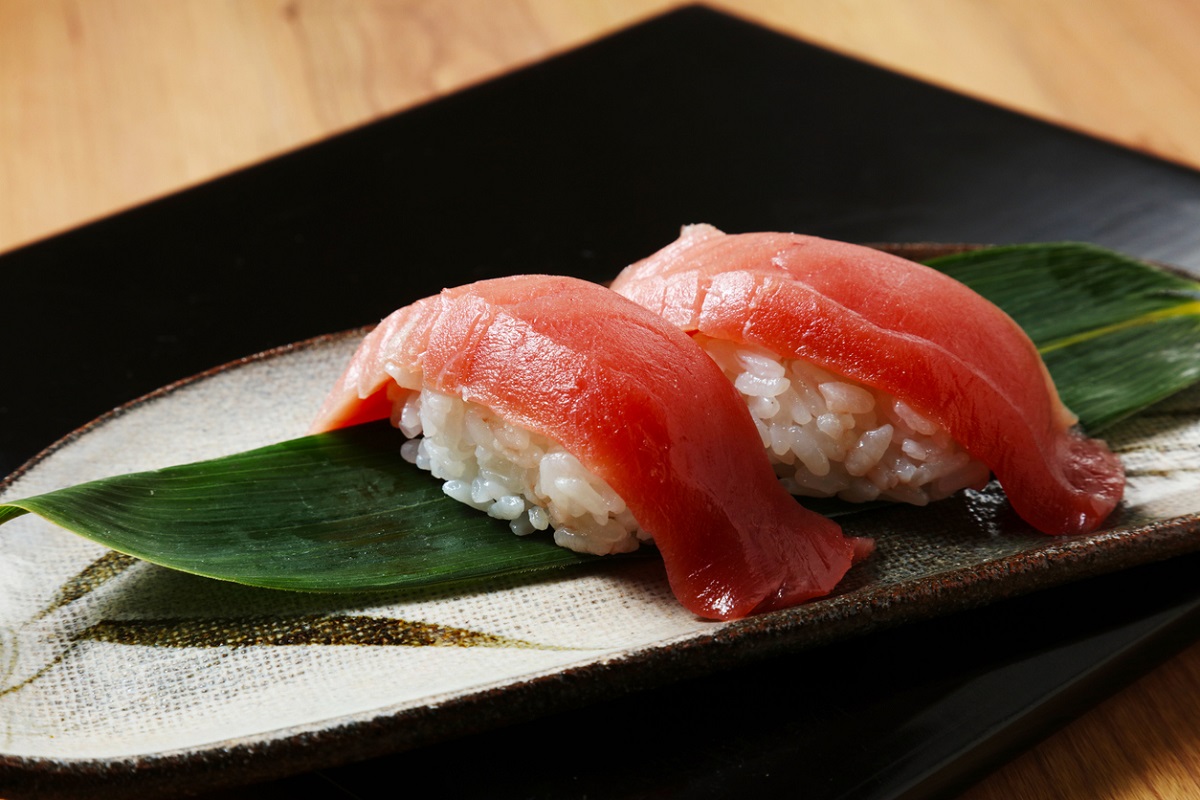
Plant-based Tuna Rolls Out for Sushi Lovers
April 15, 2020| |
Kuleana's founder Jacek Prus came up with the idea to initially address problems caused by the high demand for tuna. For instance, overfishing is one of the major factors that contributed to the dwindling number of bluefin tuna species, not to mention the decreased fish stock levels in the market. Another factor is the health concerns posed by eating raw tuna. Tunas are apex predators in the sea and are known to have concentrations of mercury, microplastics, and dioxins in their meat. Prus' solution was to substitute raw tuna with a new high-fidelity plant-based product that will be at least as good in terms of look, taste, cost, and convenience as the real thing.
Through a rheological measurement, proper comparison with raw tuna, and consumer test groups, Prus' team was able to develop their plant-based product. During the development process, their first focus was the organoleptic texture that they had to mimic. They used seawater, algae, and plant proteins and experimented on the combination using traditional and unconventional ways to achieve the marbling effect while keeping their product as close to the sea as possible. They also had to take the tuna's subtle flavor into account, knowing it had hints of fishiness and a metallic taste in it. For this, they used koji and algae to get the right taste. The company then designated a team within them to use novel biotechnology processes to enhance the texture and the flavor as they improved their product.
As the texture and flavor were achieved, the team needed to address the convenience and cost-effectiveness of their product. The company claims that the plant-based tuna is more affordable to consumers on the basis that plants are more efficient than animals. It is also conveniently available through food service channels that consumers are accustomed to. More importantly, the plant-based tuna is supplied frozen that extends its shelf life, which will help reduce food waste.
The company plans to license its texturization biotechnology to other plant-based meat companies in the future. They aim for their technology to improve other plant-based products across the newfound protein market.
Learn more about their products in Kuleana. Read more from Food Navigator.
| |
You might also like:
- PopSci Hails Impossible Burger 2.0 as Most Important Engineering Innovation in 2019
- Plant-based Beyond Meat Offers a Healthier Option, Nutrition Experts Weigh In on the Hype
- Burger King's New Plant-Based Burger Now Available in Sweden, Soon in Asia
Biotech Updates is a weekly newsletter of ISAAA, a not-for-profit organization. It is distributed for free to over 22,000 subscribers worldwide to inform them about the key developments in biosciences, especially in biotechnology. Your support will help us in our mission to feed the world with knowledge. You can help by donating as little as $10.
-
See more articles:
-
News from Around the World
- International Research Team Discovers Gene to Develop Fusarium Head Blight Resistant Wheat
- Five Countries Produce More than 90% of Biotech Crops Worldwide
- FSANZ Says New GM Soybeans Safe, Invites Public for Comments
- Rothamsted Research Makes Breakthrough in Fight Against Weeds
- Plant-based Tuna Rolls Out for Sushi Lovers
-
Research Highlights
- New Source of Powdery Mildew Resistance Found in Wild Wheat
- Vitamin E-enriched Sweet Corn Developed
-
Plant
- Gene Editing Could Yield Herbicide Tolerant, Non-GM Soybeans
- Cas-CLOVER, an Alternative to CRISPR-Cas9
-
Health
- Researchers in Spain Use Biotech to Produce SARS-CoV-2 Vaccine in Plants
-
Read the latest: - Biotech Updates (December 17, 2025)
- Gene Editing Supplement (December 17, 2025)
- Gene Drive Supplement (February 22, 2023)
-
Subscribe to BU: - Share
- Tweet

